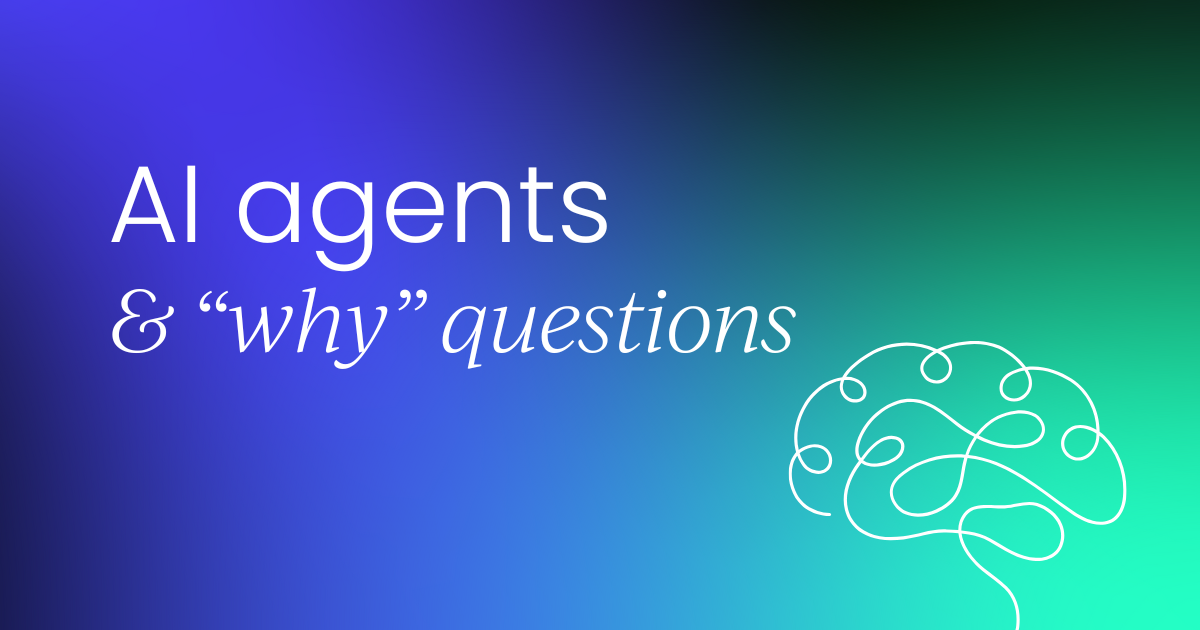MedHalu: Hallucinations in Responses to Healthcare Queries by Large Language Models
NeutralArtificial Intelligence
- Large language models (LLMs) like ChatGPT are increasingly used in healthcare information retrieval, but they are prone to generating hallucinations—plausible yet incorrect information. A recent study, MedHalu, investigates these hallucinations specifically in healthcare queries, highlighting the gap between LLM performance in standardized tests and real-world patient interactions.
- The findings from MedHalu are significant as they underscore the potential risks associated with relying on LLMs for sensitive healthcare information. Misleading responses could adversely affect patient understanding and decision-making, emphasizing the need for improved accuracy in AI-generated content.
- This issue of hallucinations in LLMs is part of a broader concern regarding the reliability of AI systems across various domains, including healthcare and finance. As LLMs become more integrated into everyday applications, the challenge of ensuring factual accuracy remains critical, prompting ongoing research into frameworks and methodologies to mitigate these risks.
— via World Pulse Now AI Editorial System




